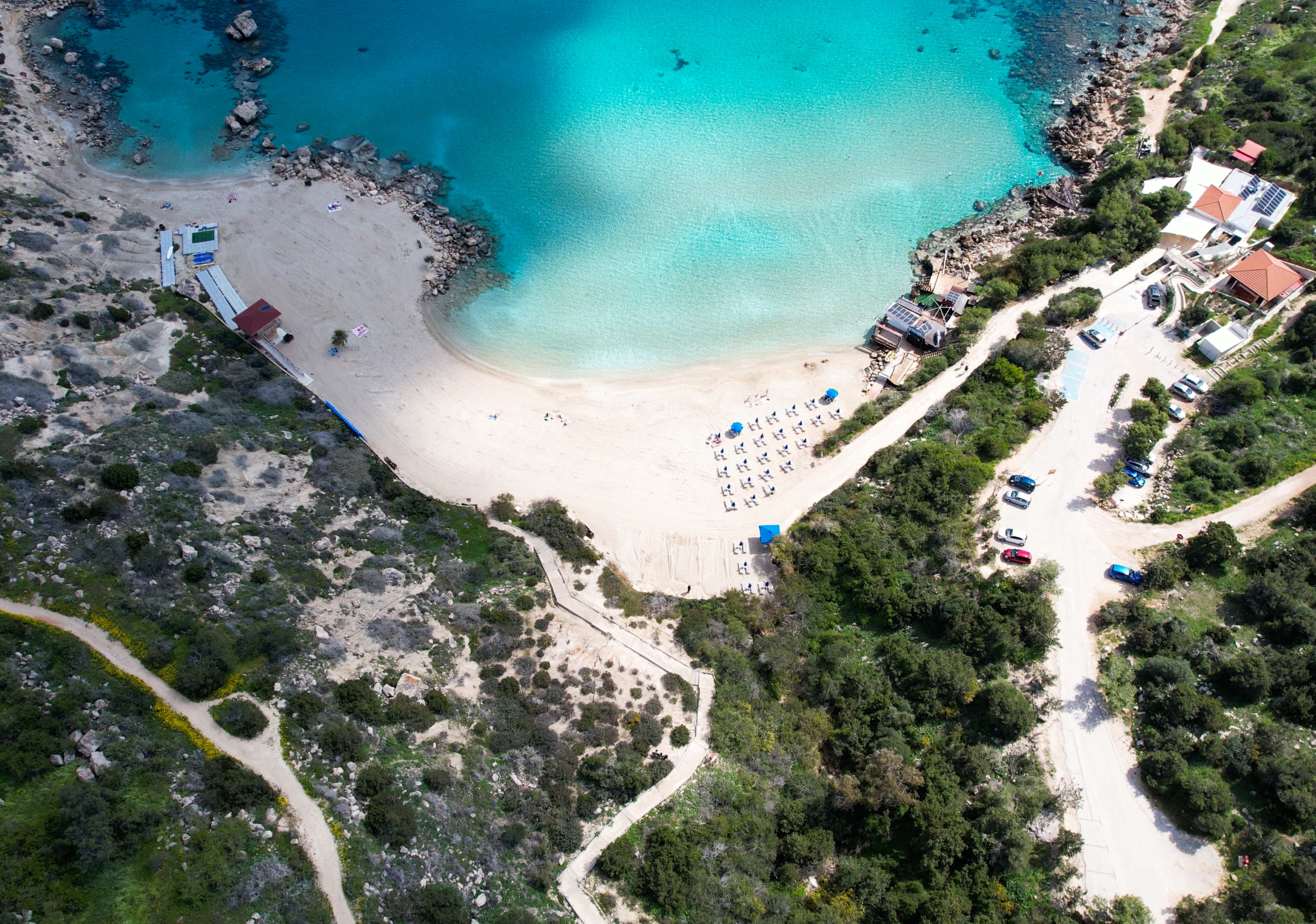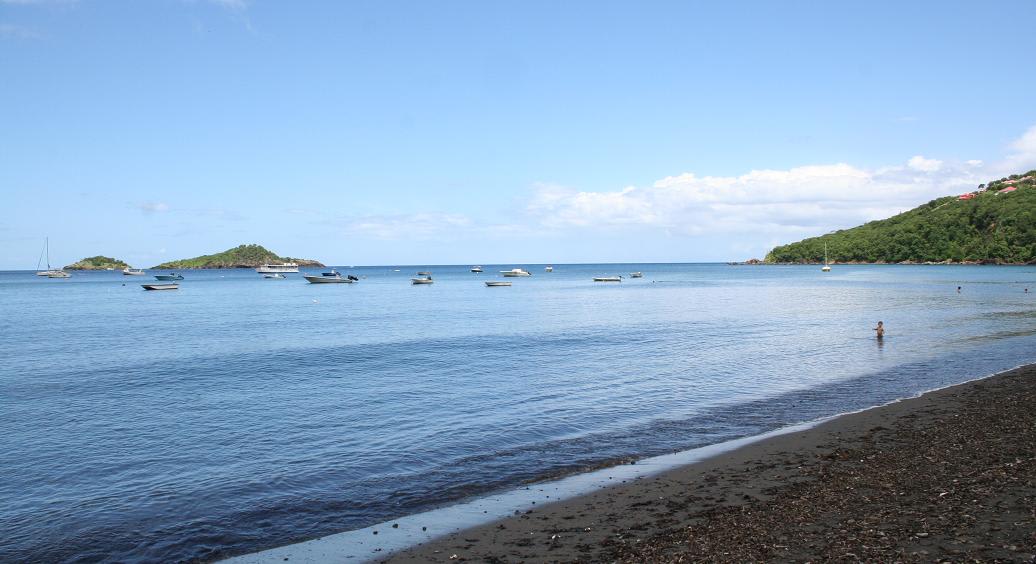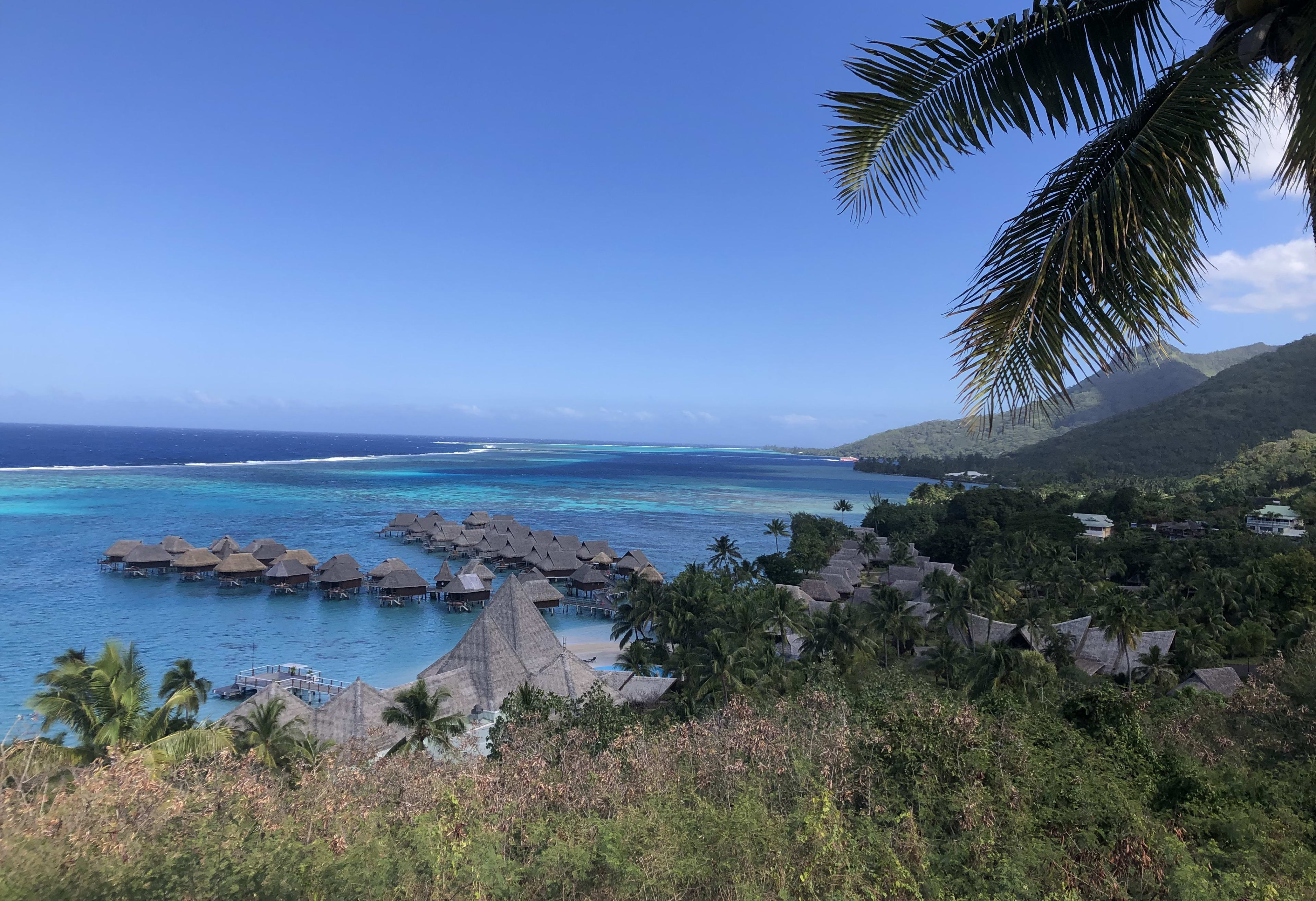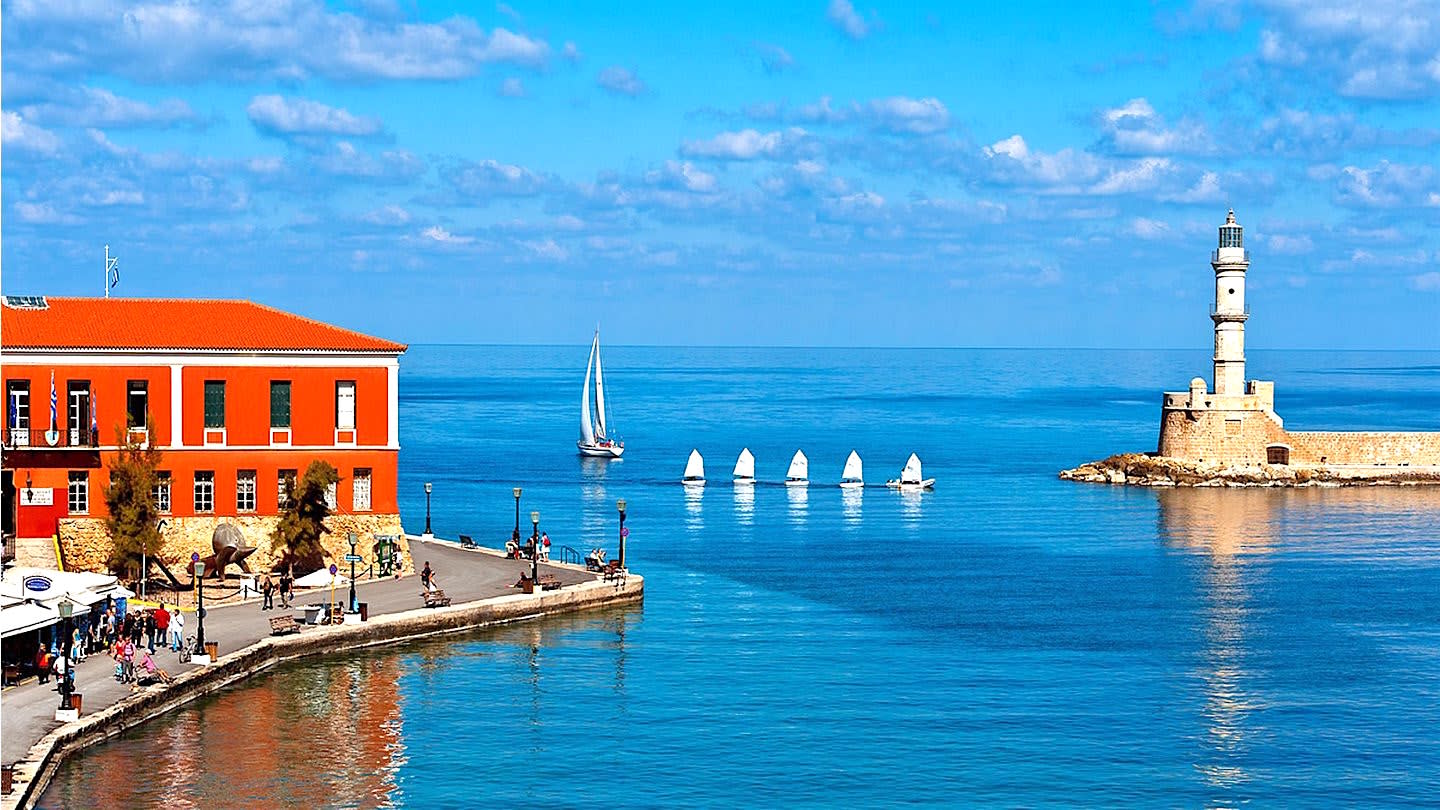Scuba Diving: all destinations
449 activities available
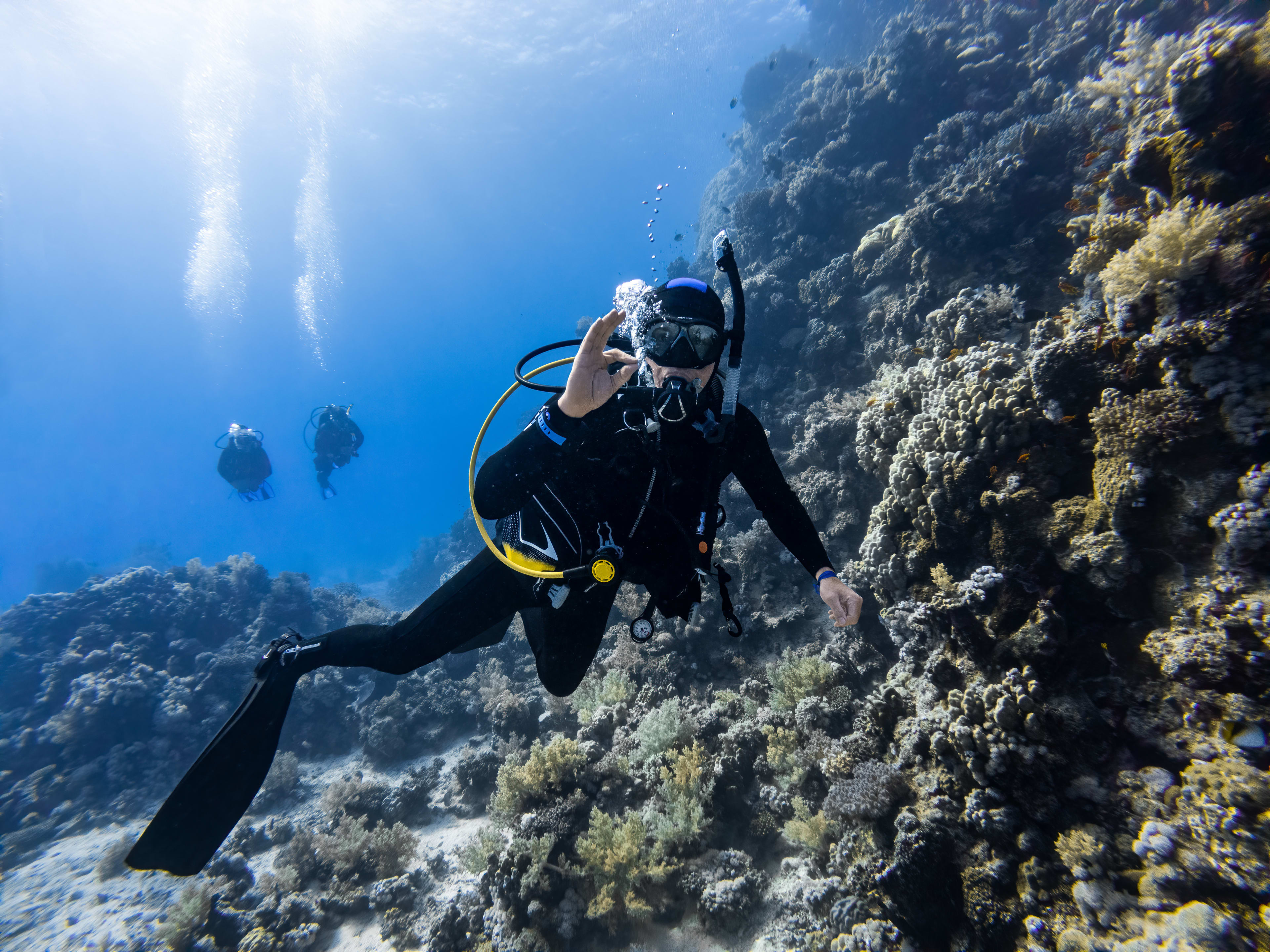
Scuba Diving: An In-Depth Guide to Adventure Beneath the Waves
Introduction to Scuba Diving
Scuba diving offers an exhilarating journey into the underwater world, allowing enthusiasts to explore the wonders of marine life, vibrant coral reefs, and sunken treasures. With specialized equipment, divers can safely descend beneath the ocean’s surface, immersing themselves in an entirely different realm.
Picture yourself weightlessly gliding through crystal-clear waters, surrounded by a kaleidoscope of colors and teeming marine life. The calming sound of your breath and the freedom to move in any direction creates an experience like no other.
Scuba diving is accessible to beginners and experts alike. With professional training, almost anyone can enjoy the beauty of the ocean. Whether you're diving to explore shipwrecks or admiring the elegance of marine creatures, each dive promises a unique adventure.
The History and Origins of Scuba Diving
The roots of scuba diving trace back to ancient civilizations, where breath-hold diving was practiced for gathering food and retrieving sunken treasures. However, modern scuba diving, as we know it, began in the early 20th century when pioneers like Jacques Cousteau and Émile Gagnan developed the Aqua-Lung in 1943. This invention allowed divers to stay underwater for extended periods by providing a portable air supply.
In the following decades, scuba diving evolved from a niche activity for military and scientific exploration into a popular recreational sport. With advancements in dive technology, including better dive gear and comprehensive training programs, scuba diving became more accessible and safer for the general public.
Today, millions of divers worldwide explore underwater ecosystems, contributing to conservation efforts and marine research. Scuba diving continues to evolve, with modern technologies enhancing the diving experience, such as dive computers and improved buoyancy control devices (BCDs), making it an accessible sport for adventurers of all levels.
The Different Types of Scuba Diving
There are several types of scuba diving, each offering a unique way to experience the underwater world. Let’s explore the main categories:
First Dive
A first dive is typically an introduction to the world of scuba, where beginners, under the supervision of certified instructors, experience their first breath underwater. It’s a thrilling, safe introduction to the sport, with a focus on comfort and enjoyment rather than technical skills.
Exploration Dive
Certified divers, particularly those interested in underwater landscapes, marine biology, or historical wrecks, partake in exploration dives. These dives focus on discovering the beauty of reefs, caves, wrecks, and other underwater formations, offering a serene and awe-inspiring experience for nature lovers or thrill-seekers.
Scuba Diving Courses
Whether you’re a novice or an experienced diver, scuba courses are designed to develop your skills progressively. From Open Water Diver to Advanced Scuba Courses, these programs teach essential skills like buoyancy control, underwater navigation, emergency procedures, and environmental awareness. They’re offered by renowned diving organizations like PADI, SSI, NAUI, and FFESSM.
For those who prefer diving deeper into specific areas of interest, advanced certifications like cave diving, wreck diving, and technical diving offer opportunities for further exploration.
Essential Scuba Diving Equipment
To dive safely and comfortably, scuba divers rely on specialized equipment that ensures proper breathing, buoyancy, and protection. Here’s a breakdown of the essential gear:
Diving Mask: A mask provides clear vision underwater by creating an air pocket in front of the diver’s eyes. Made from tempered glass, with a silicone skirt for a watertight seal, it’s a must-have for every dive.
Snorkel: A snorkel allows divers to breathe at the surface without lifting their heads. It’s especially useful when conserving air before a dive.
Fins: Fins are worn to propel through the water with minimal effort, allowing divers to cover large distances efficiently. They come in two styles: full-foot and open-heel, each suited for different diving conditions.
Wetsuit or Drysuit: Wetsuits trap a thin layer of water against the skin, which is warmed by the body, providing insulation. In colder environments, drysuits are used to keep the diver completely dry while offering superior thermal protection.
Buoyancy Control Device (BCD): A BCD helps divers achieve neutral buoyancy by inflating or deflating an air bladder. Proper buoyancy control is critical for a safe and enjoyable dive.
Regulator: The regulator delivers air from the tank to the diver’s mouth and ensures the proper air pressure. It’s a lifeline underwater, consisting of a first and second stage to ensure smooth breathing at varying depths.
Dive Computer: Dive computers monitor depth, time, and decompression limits, providing real-time data to avoid diving hazards. They are indispensable for modern diving.
Scuba Tank: The scuba tank contains compressed air (or specialized gases for technical diving) and is the primary source of air for the diver.
Having the right gear tailored to your diving conditions enhances both safety and enjoyment underwater.
Top Scuba Diving Destinations Worldwide
Scuba diving is a global sport, and there are breathtaking spots across the world for divers to explore. Here are some of the most iconic destinations:
Belize Barrier Reef, Belize
Dive into the world’s second-largest reef system, where diverse marine life and the renowned Blue Hole make for an unforgettable experience.
Tulum, Mexico
Famous for its cenotes (underground freshwater caves), Tulum offers unique diving opportunities, especially for cavern divers.
Maldives
The crystal-clear waters of the Maldives are home to an array of marine life, including manta rays and whale sharks. Perfect for divers of all skill levels, from beginner to advanced.
Koh Tao, Thailand
A diver’s paradise known for its calm, warm waters and affordable dive schools, ideal for both new and experienced divers.
Maui, Hawaii
With rich coral reefs, lava tubes, and wrecks, Maui offers a variety of underwater landscapes to explore, along with green sea turtles and manta rays.
Great Barrier Reef, Australia
The Great Barrier Reef is a UNESCO World Heritage Site and offers a spectrum of diving experiences, from beginner-friendly coral gardens to deeper wrecks and shark dives.
In addition, Manawa offers access to fantastic dive locations such as Guadeloupe, Reunion, and French Polynesia, among others.
Scuba Diving Terminology: A Beginner’s Guide
Understanding basic scuba terminology is essential for anyone getting started. Here are some key terms:
Buoyancy: The ability to float or sink in water. Achieving neutral buoyancy is critical for underwater stability.
Decompression Stop: A safety stop made during ascent to allow excess nitrogen to leave the body.
Equalization: The process of adjusting pressure in your ears and mask as you descend.
Octopus: An alternate air source used in case of emergency.
Regulator: The device that allows divers to breathe from the tank.
Surface Marker Buoy (SMB): A buoy used to signal the diver’s position to boats above the surface.
The Benefits of Scuba Diving
Scuba diving provides a wealth of physical, mental, and emotional benefits:
Physical Health: Swimming strengthens muscles and improves cardiovascular health. The low-impact nature of diving also reduces joint strain.
Mental Clarity: The peaceful underwater environment helps reduce stress, enhancing mental well-being.
Connection to Nature: Diving fosters a deeper appreciation for marine ecosystems, encouraging environmental awareness and conservation efforts.
Practical Tips for Beginner Scuba Divers
For those just starting, here are some key tips to ensure a safe and enjoyable dive:
Get Proper Training: Always learn from certified instructors who can provide guidance on essential skills and safety protocols.
Stay Calm: Relax and focus on breathing slowly to conserve air and avoid panic.
Check Your Equipment: Ensure all your gear is in good working order before every dive, and familiarize yourself with its function.
Buddy System: Never dive alone. A buddy can assist in case of an emergency or offer support during the dive.
Safety First: Always follow dive plans and ascend slowly to avoid decompression sickness.
Scuba Diving: Unlocking the Wonders of the Deep
Scuba diving is more than just a thrilling sport—it's a gateway to an entirely different world that few have the chance to experience. Whether you're a beginner taking your first breath underwater or a seasoned diver exploring new depths, each dive brings its own sense of wonder and discovery. From vibrant coral reefs teeming with marine life to the mysterious allure of sunken shipwrecks, the underwater realm offers boundless opportunities for adventure.
Beyond the excitement, scuba diving fosters a deeper connection to nature and a respect for the fragile ecosystems hidden beneath the waves. It challenges you physically and mentally while rewarding you with breathtaking views and moments of serenity found only in the deep blue.
As you embark on your scuba diving journey, guided by professional instructors and equipped with the right gear, you'll gain confidence and skills that open the door to new horizons. Whether you're diving in tropical waters or exploring local dive spots, each descent will leave you with memories that last a lifetime.
For those ready to explore, scuba diving offers more than just an activity—it’s an invitation to discover a whole new world, where every dive brings the promise of awe, inspiration, and an ever-deepening connection to the ocean’s beauty. Dive in, and let the adventure begin!

